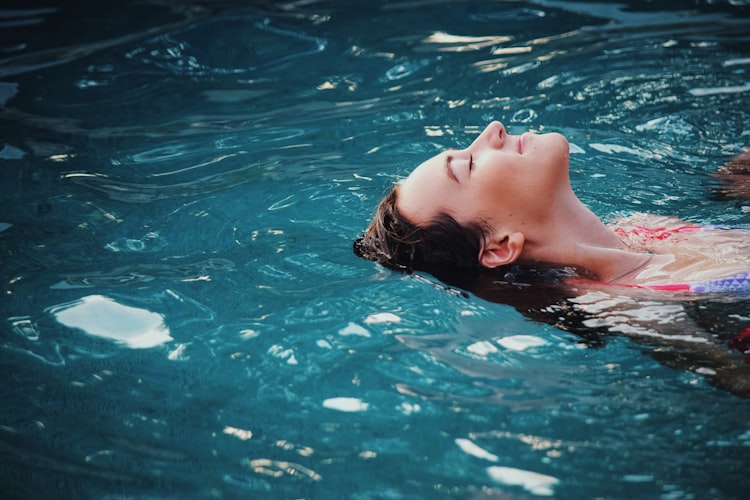Australian plunge pools, the best way to describe them, compared to traditional swimming pool equipment, are quite small and shallow types of recreation pool spas. Hence, we are not going to say they are the most appropriate for competitive swimming. However, this type of recreational pool spa will do a great job if you just want to cool off, wade around, and lounge for a bit. Hence, the name.
Even though this type of swimming pool is not intended for fitness swimming or aquatic fitness, it has been gaining momentum in the popularity race in recent years.
One of the reasons why homemakers have their eyes gleaming on Australian plunge pools is because they are cheaper to have as opposed to traditional swimming pools.
Aside from that, due to their size, their maintenance is easier and more convenient, requiring only a small amount of water when they’re needing to be replaced. This type of recreational pool is shallow, owing to its limited dimensions. Top Sydney pool and spa manufacturers, on the other hand, are taking steps to begin introducing deep-plunge variants to the market.

If you are a keen observer of what is happening around you, particularly in the construction and building industry, new homes today are often constructed on properties that usually have a meager amount of space. If you have such a kind of home, with a prohibitive amount of space, installing a plunge pool is a space-saving alternative to a traditional swimming pool.
A homeowner who has a discriminating taste will choose to upgrade the materials used in the construction of their plunge pool. Fanciful fountains and artificial waterfalls can be incorporated in designing an outdoor retreat space of this kind.
Australian Plunge Pools and Their Therapeutic Benefits
Sometimes, plunge pools are placed alongside a fancy outdoor spa to integrate the health-promoting benefits of cold-plunge therapy.
The benefits of immersing one’s body in cold-water pools were popular practice even in ancient Chinese medicine which spanned for over a thousand years. And it is not solely the early Chinese who discovered the unknown secret benefits of soaking in cold-water pools; even the ancient Romans of long ago were into that practice as well.
Modern-day swimmers and athletes are encouraged to chuck themselves into a pool of (nearly freezing) cold pool water, following a sauna bath or after an intense workout routine. It is believed to provide their bodies with the therapeutic benefits they need. Doing so will help in alleviating their muscle pain, they will complain less about inflamed muscles, and they will appreciate an accelerated recovery period.
Highly Affordable Ongoing Costs
Compared to conventional swimming pools, a plunge pool requires a fraction of the water used in traditional swimming pools, regardless of their size or shape. This translates into significant savings on your utility expenses, notably for water usage. So, this type of recreational pool makes it possible for you to save a substantial amount of money on many fronts.

Moreover, plunge pools also necessitate the use of fewer cleaning agents, allowing you to enjoy crystal clear pool water every time. The operating costs of filters, pumps, and heaters are also significantly cheaper if you compare it to how it would be done with standard swimming pools.
Lower, More Economical Installation Fees
When it comes to the cost of constructing a regular swimming pool, most people prefer a plunge pool, especially if they are cash-strapped or have limited funds to use for such a kind of project. This is owing to the fact that the amount of space you can have it on is less, translating to a smaller area that needs digging.
Finally, the plunge pool construction project requires only a handful of supplies. Therefore, you don’t need to worry about buying tons of tiles just to embellish the recreational pool you have, or to put an accent on the area. Because these recreational pools are generally smaller than traditional swimming pools, a perimeter fence or decking is almost always not necessary.